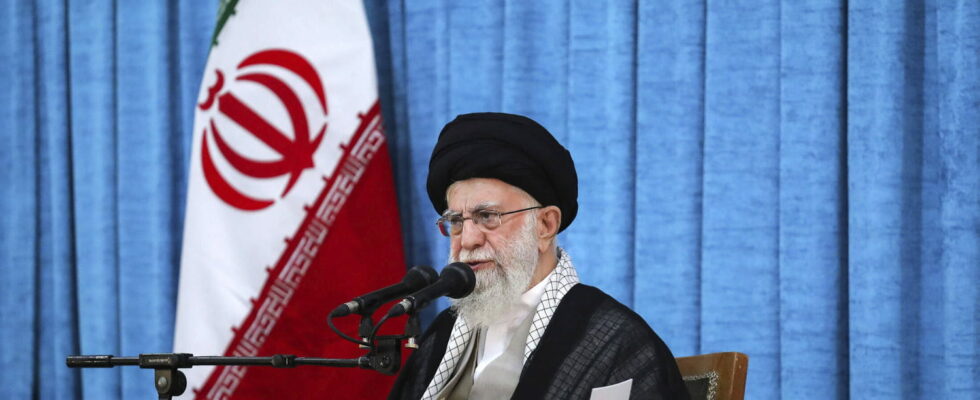Concerns about a military escalation in the Middle East are growing after Iran’s threats against Israel have increased.
Concerns about a military escalation in the Middle East are growing, after the multiplication of threats by Iran and its allies against Israel. The assassination by Israeli intelligence of Ismail Haniyeh, leader of Hamas, during a visit to Iran for the inauguration of the new president, led Tehran to promise a strong response.
Iranian Foreign Ministry spokesman Nasser Kanaan announced on August 4 that although “[Iran]is not interested in escalating regional conflicts, it is necessary to punish” Israel. According to the news site[l’Iran)nesoitpasintéresséparl’escaladedesconflitsrégionauxilestnécessairedepunir”IsraëlSelonlesited’informationAxiosciting two anonymous sources, Iran is ready to directly attack Israel in retaliation for the assassination of the Hamas political leader and is likely to do so in the coming days.
Disagreements in Iran, Israel stands ready
An attack could come before the hostage and ceasefire negotiations in Gaza scheduled for Thursday, August 15. A timing that could compromise the talks. However, the situation remains “fluid” due to disagreements within the Iranian leadership. Israeli intelligence services believe that Iran has not yet decided on the timing and nature of its response. International pressure and internal debates could push Iran’s Supreme Leader, Ayatollah Ali Khamenei, to postpone or even restrict retaliatory measures against Israel.
Israel has not commented on Haniyeh’s death, but had vowed to destroy Hamas after the terror group’s unprecedented October 7 attack on its soil sparked war in the Gaza Strip. Israeli Prime Minister Benjamin Netanyahu said his country was ready to confront “Iran and its henchmen on all fronts.” Israeli Defense Minister Yoav Gallant briefed his U.S. counterpart Lloyd Austin on Iranian military preparations that suggested an imminent attack. Washington ordered the deployment of a missile submarine to the region.
